Life as an Early Career Engineer
The National Early Careers Committee (UK & Ireland and Malaysia) sheds some light on the challenges and opportunities that different career paths can bring
OLLIE Age: 25 Studied at the University of Sheffield, UK
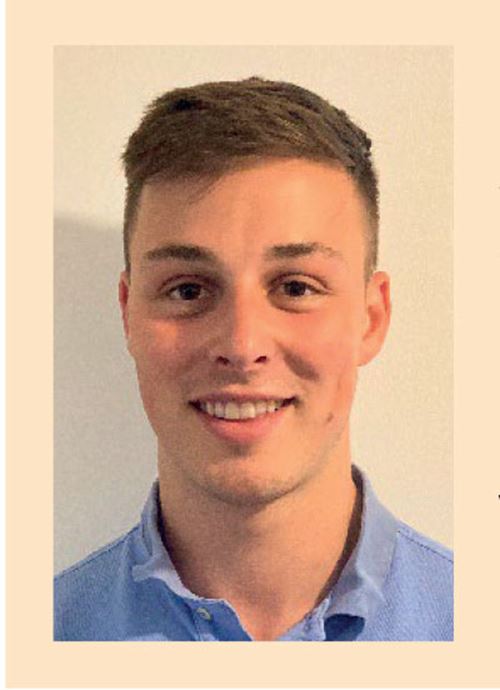
Graduate process engineer working in a design consultancy role at WSP with one year’s experience. Works on projects in the pharmaceutical, fine chemicals, and gas sectors.
AARON Age: 23 Studied at Universiti Malaysia Sabah, Malaysia
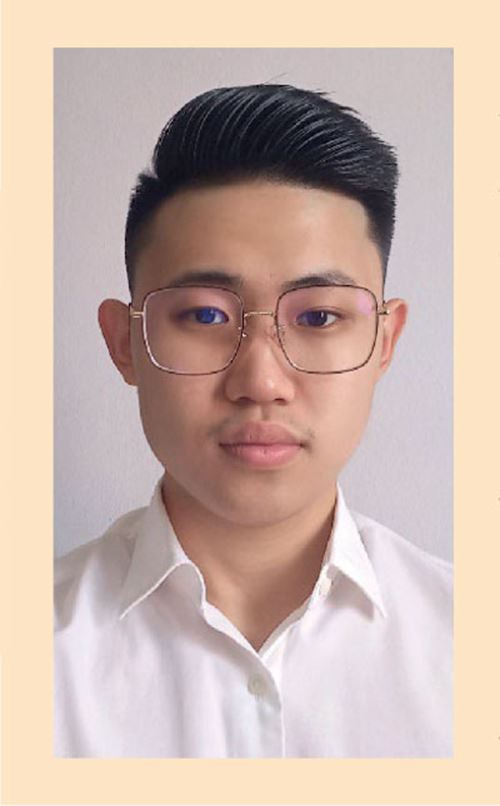
Fresh graduate who is currently undertaking a graduate process technologist role in the upstream offshore oil and gas industry. Involved in studies relating to optimisation, simplification, debottlenecking, and troubleshooting of processes.
SAMEEN Age: 29 Studied at the University of Nottingham, UK
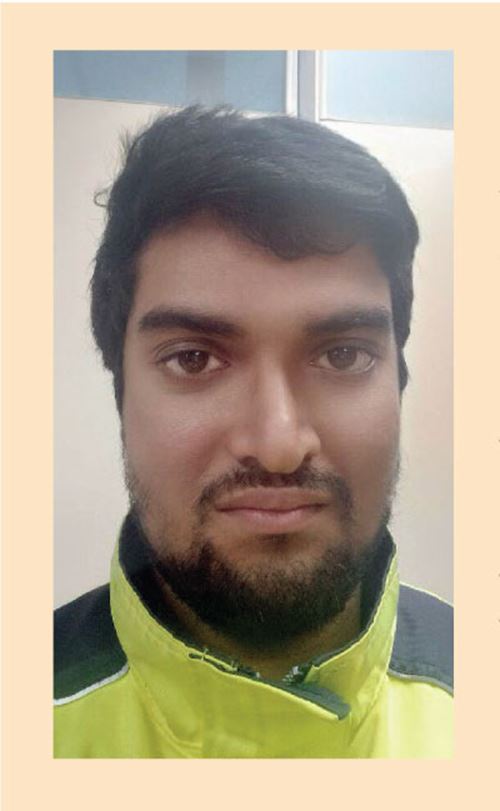
Process engineer working in agricultural chemical manufacturing. Based in the site’s projects team, he designs and delivers a range of CAPEX projects to improve safety, capacity, and reliability. Previously worked in design consultancy for downstream oil & gas.
RIEN Age: 27 Studied at Universiti Kuala Lumpur, Malaysia

Has around four years of experience in the oil and gas industry, specifically in both onshore and offshore facilities technical studies. Experienced in front end engineering design, feasibility studies, simulations, and technical study reports.
STARTING out as an early career engineer is an exciting time…and you are right to be excited! But you can also be forgiven for feeling a little overwhelmed when contemplating the career direction that you wish to pursue. Here we interview a diverse group of young engineers to learn how they navigated their way through their first few years in an ever-changing and growing engineering landscape.
Q: How much technical chemical engineering do you use in your current role?
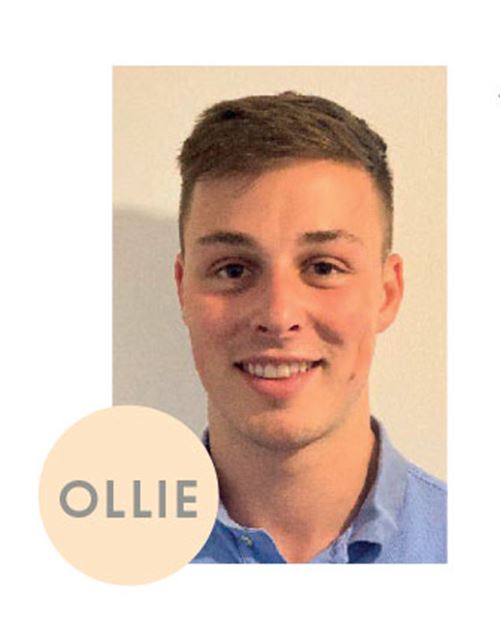
As an eager graduate, I arrived on my first day aspiring to dip my feet into as much technical design as I could. However, one of the most valuable pieces of advice I received since, was that while it is important to proactively seek out such responsibility, focusing on developing a greater depth of technical knowledge could be of more benefit. For example, after performing hydraulic calculations across different pumps and piping systems, I found that producing tangible “good practice” guidance documents that can be used for training purposes can help cement learnings rather than rushing on to the next technical opportunity.
You are not expected to remember everything you have ever learnt during your chemical engineering degree or career. Instead, you are expected to tap into different knowledge bases depending on the assignment. Strengthening these knowledge bases is how to progress technically.
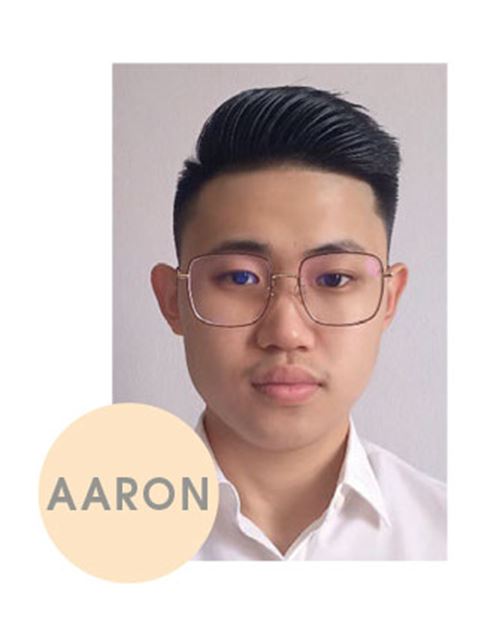
Going into the role, I was expected to understand the basics that I learned at university. However, I would say that most of the learning is done “on the job”. I am involved in many technical aspects of chemical engineering such as understanding unit operations, P&IDs, process simulations, HAZIDs and HAZOPs. If I could give an analogy: university would be reading the blurb of a book, whereas working is reading the whole 500 pages of the book.
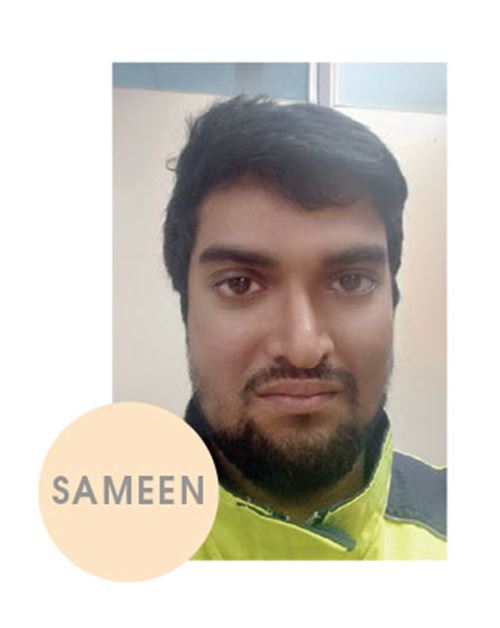
The specific role and industry you work in has a big influence on what technical knowledge you may utilise day to day. My first job was a production-oriented role for a major chemicals manufacturer which entailed ownership of a particular plant area. This involved supporting the production processes and troubleshooting issues. Although in this role I never had to apply Navier-Stokes fluid flow differential equations (thank goodness), the fundamentals of chemical engineering still came in handy. For example, when I had to conduct a mass balance to manage inventory approaching a plant shutdown or do rough calculations to specify a temporary heat exchanger.
However, when working for a consultancy there was a greater emphasis on formal design calculations and report writing. This required quickly learning more technical knowledge, especially with respect to engineering standards and project deliverables. The use of software was more extensive too when supporting the basis of calculations such as for pressure relief sizing.
Overall, I’d say you don’t need to remember all the knowledge from your degree, but a firm grasp of the basics is important. You can always refer to resources, both books and experienced colleagues, to gain more specific knowledge no matter what organisation you work for. Usually there is substantial “on the job” learning that comes by researching into technical problems that arise.

From plant design to chemical waste management, entering the oil and gas industry allows you to apply textbook concepts to real-life situations. I have had the opportunity to work on a variety of interesting projects, including upstream activities such as exploration and production, as well as downstream activities including refining and marketing. Technical software knowledge is essential when working in the oil and gas industry as engineers are primarily involved in process design, mass and energy balances, and computer-aided design. Aspen HYSYS and AutoCAD are widely used and having experience with that software is like having a golden ticket to succeed in the industry.
Q: What has been the greatest challenge you have faced in your career and how did you overcome it?
OLLIE
Since completing my master’s in chemical engineering three years ago, I have worked across two very different professions: financial lending and then process engineering. For a long period in my first profession, I found myself aspiring to return to the engineering industry to put my degree into practice. Consequently, I was devoting my evenings to job applications for roles in a completely unrelated sector to my day job. This was demanding and required patience and tenacity. Identifying my transferable skills such as problem-solving and stakeholder-facing liaison, and attending related webinars and conferences helped to convey my enthusiasm for the industry I now work in.
AARON
I would say the greatest challenge for me was adjusting from university to working life. When working you are interacting with people of varying ages and levels of seniority unlike during university, so socialising is very different. Through small talk and patience I was able to break the ice and get to know my co-workers better. Find a common interest, an activity or a sport and don’t give up.
SAMEEN
A lot of students, myself included, thought the biggest challenge when entering industry would be not having sufficient engineering knowledge. However, by far the biggest challenge I have found is being able to work effectively with and collaborate with people from a range of backgrounds and job roles. I have taken steps to improve on this by joining my local Toastmasters group. Toastmasters is a public speaking group where you can practice delivering speeches and impromptu speaking in a friendly environment. It has helped build my confidence in dealing with communication challenges in different situations.
RIEN
There are definitely challenges for women pursuing careers in male-dominated industries. The greatest challenge I faced was when I first started working in the oil and gas industry. As a fresh graduate, I was the only woman, with around 5% of the knowledge that I have now in the field. This led to a lack of confidence as everyone around me was experienced and full of ideas, while I struggled sometimes to understand straight away. Fortunately, I was exposed to hands-on learning during my university days, which helped me develop my intellectual curiosity to see how process engineering is applied in the real world. Initially, I was sceptical and worried that I would feel like an imposter in the industry, but I was wrong. My team and seniors were all helpful, and it was through their encouragement that I could take the necessary steps forward in my career.

FOCUSED QUESTIONS
Q: How have your soft skills developed in your design consultancy role?
OLLIE
In design engineering there is rarely an incorrect solution, but rather a preferred solution depending on a client’s needs. In a design consultancy role, I have found it useful to draw on the range of knowledge and perspectives of my internal network, allowing me to develop a well-rounded design proposal to take back to external stakeholders. Arranging both internal and sub-contractor meetings in order to ask questions, highlight areas that require a “rethink”’, and align thoughts on what to go back to the client/vendor with, has naturally built my confidence and presentation skills and guided my design choices to produce deliverables more tailored to the client’s goals.
Q: What is the most exciting opportunity that has come your way that is not specifically related to your day job?
OLLIE
When starting as an early career engineer, I strongly encourage getting into the office as regularly as possible. Engaging socially will help you express your passions and ideas which can present opportunities. With an enthusiastic approach, I developed an interest in WSP’s “Future Ready” scheme: a global innovation programme to help our projects be ready for tomorrow’s world as well as today’s. I have since been given the opportunity to become my discipline’s “Future Ready” lead, which has allowed me to improve resources surrounding “net zero”, “bidding”, and “client conversations”. These are project lifecycle stages that I didn’t imagine I would be involved with as a graduate process engineer. Taking that step out of your comfort zone can have a snowball effect and lead to unexpected opportunities further down the line.
Q: What advice do you have to prepare university students for working life?
AARON
Do not underestimate the opportunities that being a student member of your professional body can provide. For example, IChemE events and resources, such as Special Interest Group webinars, The Chemical Engineer magazine, and the Loss Prevention Bulletin, have provided me with vital exposure to the industry and allowed me to further develop my interests.
As an engineer I believe that our greatest resources are not only what’s written down but also the people around us. Asking a more senior engineer for five minutes of their time to share some guidance or provide some feedback has helped me to develop and understand problems more effectively.
Finally, The Unwritten Laws of Engineering by WJ King has been a fantastic read and I would recommend it to any fresh graduates out there.
Q: What is one thing that surprised you about your first few weeks at work?
AARON
One of the most surprising things was just how widespread the application of Microsoft Excel to engineering problems is. Although we all recognise the importance of Excel during our university years, experiencing how often and for what it is used for in a working environment has been a real eye-opener. Knowledge of the different functions and logics can improve efficiency by automating certain tasks and calculations, and hence reduce the time taken to write engineering reports.
Q: What advice would you give to an engineer who would describe themself as an introvert, in order to grow their network?
SAMEEN
It can be intimidating and nerve-wracking to enter a professional environment and not know anyone, particularly straight from university. It does take time to develop rapport with new colleagues to a point where you can engage and work with them comfortably. The best tip I can give is to know that your team is there to support you and to not be afraid to ask for help when you need it. Networking is very important for career progression, and I would encourage this early on, both internally and externally. Internally, by making a conscious effort to get to know your colleagues on a deeper level and understand their stories. Externally, by getting involved in your professional institution’s (eg IChemE, National Early Careers Committee (NECC)) volunteering and local member group activities. The opportunities for networking are vast and will benefit you immensely.
Q: What benefits has working on a manufacturing site brought to your career?
SAMEEN
When I had my interview for my industrial placement at a nuclear-based company, I had the option to express interest either working on the operating site or at the design office. I knew that both would be excellent in gaining professional experience, but opted for the site role. This is because I thought the site role would allow me to appreciate the practical intricacies of live processes and understand how “things actually work”. This has rung true till this day. Being based on site allows more time to walk down lines and examine equipment which becomes invaluable in process design and in safety reviews such as HAZOPs.
Q: What is life like working offshore as a young woman engineer?
RIEN
Honestly speaking, it is exciting and fulfilling to work offshore, especially when you are the only woman onboard. In my experience, women are well respected and valued when working offshore. Having hands-on experience is a great advantage as I am able to overcome challenges and barriers when working in the field.
Q: What advice can you give to young chemical engineers just starting out in the industry?
RIEN
Having strong problem-solving skills is crucial. Problem-solving is all about actively anticipating future problems and acting beforehand to mitigate their effects. Striving to keep learning and exploring has helped me as an engineer and on a personal level.
Q: What is the one engineering resource you could not work without?
OLLIE
Using Microsoft OneNote helps me to organise any notes from meetings and projects – it saves time digging through old notepads and folders and helps me to prioritise work more effectively.
AARON
Microsoft Excel, as it is used in planning, budgeting, and process, or equipment-related design calculations.
SAMEEN
People. You can have all the technical tools and resources at hand, but it is no substitute for an experienced and supportive team.
RIEN
Process simulation software such as Aspen Plus or HYSYS is invaluable in the work that I am involved in.
The National Early Careers Committee (UK & Ireland and Malaysia)
The National Early Careers Committee (UK & Ireland and Malaysia) supports chemical engineering students and early career professionals, helping facilitate professional support, relevant training, networking opportunities and communication platforms, so that IChemE members can advance their careers.
If you wish to volunteer and contribute towards the committee, you can find them on Facebook and LinkedIn.
Recent Editions
Catch up on the latest news, views and jobs from The Chemical Engineer. Below are the four latest issues. View a wider selection of the archive from within the Magazine section of this site.




